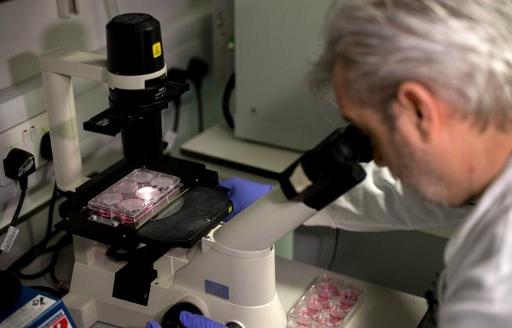Researchers at London’s Imperial College, currently testing a vaccine against the coronavirus on rats, hope to have it ready by the end of this year.
Researcher Paul McKay told the French news agency, AFP, that the team had generated the vaccine from bacteria and had just injected it into rats. They hope that, in the next few weeks, they will be able to determine the reaction to the vaccine in the rats’ blood, including their response in terms of antibodies against the coronavirus.
The virus has killed more than 1,000 persons in continental China since the first fatality was announced on 11 January. In various parts of the world, researchers are involved in a race to find a vaccine, a laborious process that generally takes years since it has to be proven that the vaccine is effective and safe for humans before it can be mass-produced.
The Imperial College scientists feel the tests they are conducting on rats are the first of their kind although, according to the Chinese news agency, Xinhua, a university in Shanghai also launched tests on rats on Sunday.
Related News
- 5 children kept away from daycare after playmate returns from China
- Coronavirus officially named 'Covid-19'
- Coronavirus: EU issues safety guidance on air travels but no flight bans
The Imperial College researchers hope to be the first to do clinical tests on humans and come up with a vaccine that can be made available. They are banking on the research they have done on the SARS virus, starting two decades ago, to speed up their work.
Once the first phase of tests has been completed, which could take months, the vaccines’ effectiveness can be tested on humans, which will also take months, McKay said, adding that the process could be ready by the end of the year.
He noted that while researchers worldwide were sharing information as they searched for a vaccine. As soon as the Chinese researchers sequenced the genome, they shared it freely with everyone, so it was probably not true that there was a competitive side to the search, he explained.
“I would say it is a collaborative race,” McKay said.
The Brussels Times

